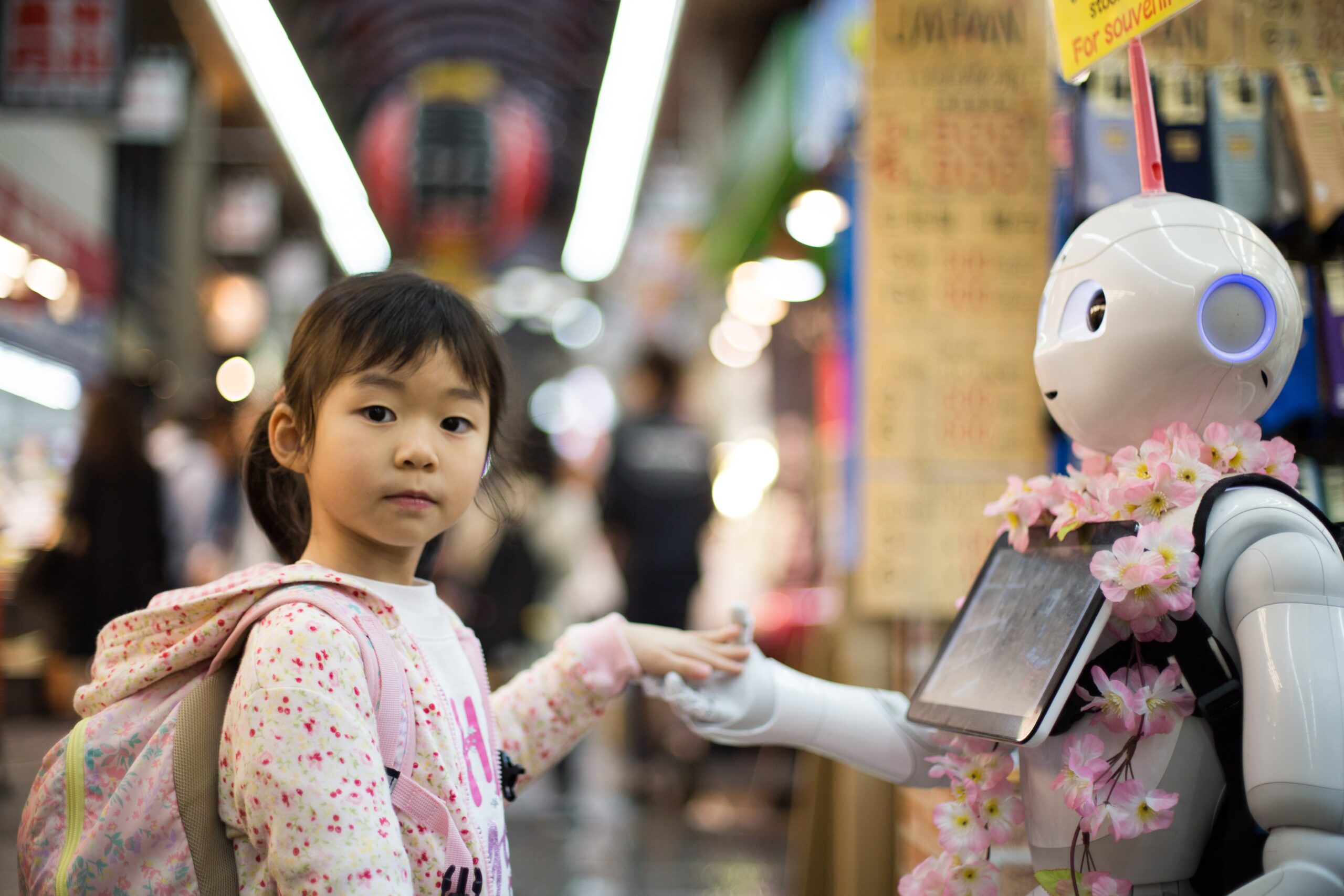Artificial intelligence (AI) is transforming many industries, including influencer marketing. AI is being used to analyze vast amounts of data to help brands identify the most effective influencers, measure the success of influencer campaigns, and even create content.
Here are some ways in which AI is transforming influencer marketing:
- Identifying the right influencers: AI tools can analyze social media data to identify the most relevant and effective influencers for a particular brand or campaign. These tools can look at factors such as engagement rates, audience demographics, and content themes to determine which influencers are likely to be the most effective for a given campaign.
- Measuring campaign success: AI can also be used to measure the success of influencer campaigns. By analyzing metrics such as engagement rates, conversion rates, and audience sentiment, AI tools can provide brands with insights into the effectiveness of their campaigns and identify areas for improvement.
- Creating content: Some AI tools are now capable of creating content, including text, images, and videos. This technology can be used to create content for influencer campaigns, such as social media posts or videos. By using AI-generated content, brands can ensure that their content is engaging and relevant to their target audience.
- Improving targeting: AI can help improve targeting by analyzing audience data to identify trends and preferences. This data can then be used to create more effective influencer campaigns that are tailored to the specific interests and preferences of the target audience.
- Streamlining influencer management: AI can help brands streamline influencer management by automating tasks such as communication, payment, and contract management. This can save time and reduce the risk of errors or miscommunications.
- Enhancing authenticity: Authenticity is a crucial factor in influencer marketing, and AI can help enhance it by analyzing influencers’ content to ensure that it aligns with their brand values and messaging. AI can also detect fake followers or engagement, which can help brands avoid partnering with influencers who use unethical practices to boost their metrics.
- Personalizing content: AI can personalize influencer content by analyzing data on each audience member’s interests, preferences, and behavior. This allows brands to create customized content that resonates with each individual and can increase engagement and conversions.
- Optimizing influencer selection: AI can optimize influencer selection by analyzing data on past campaigns to identify which influencers were most effective and why. This can help brands make more informed decisions about which influencers to partner with in the future.
- Predicting trends: AI can predict trends by analyzing data on social media conversations, search behavior, and other online activity. This can help brands stay ahead of the curve and create influencer campaigns that capitalize on emerging trends.
- Automating content optimization: AI can automate the process of content optimization, which involves analyzing metrics such as engagement rates and click-through rates to identify which types of content are most effective. By automating this process, brands can save time and ensure that their content is always optimized for maximum impact.
- Providing real-time insights: AI can provide real-time insights into the performance of influencer campaigns, allowing brands to make adjustments and optimize their campaigns on the fly. This can help brands stay agile and respond quickly to changing market conditions.
- Enhancing influencer discovery: AI can enhance influencer discovery by analyzing data from multiple sources, such as social media platforms, blogs, and forums. This can help brands identify influencers who may not have a large following but have a highly engaged audience that is relevant to their brand.
- Facilitating influencer collaboration: AI can facilitate influencer collaboration by providing tools that make it easy for influencers to work together on content creation and campaign planning. This can help brands create more cohesive and engaging campaigns that resonate with their target audience.
- Improving ROI: AI can improve the ROI of influencer campaigns by analyzing data on the cost of working with influencers and the results achieved. This can help brands make data-driven decisions about which influencers to work with and how to allocate their budget for maximum impact.
Overall, AI is transforming influencer marketing in numerous ways, from automating content optimization to providing real-time insights and enhancing influencer discovery to helping brands identify the most effective influencers, measure the success of their campaigns, and create engaging content that resonates with their target audience. As AI technology continues to advance, we can expect to see even more innovative applications of AI in influencer marketing, ultimately leading to more effective and engaging campaigns that deliver real results for brands.

